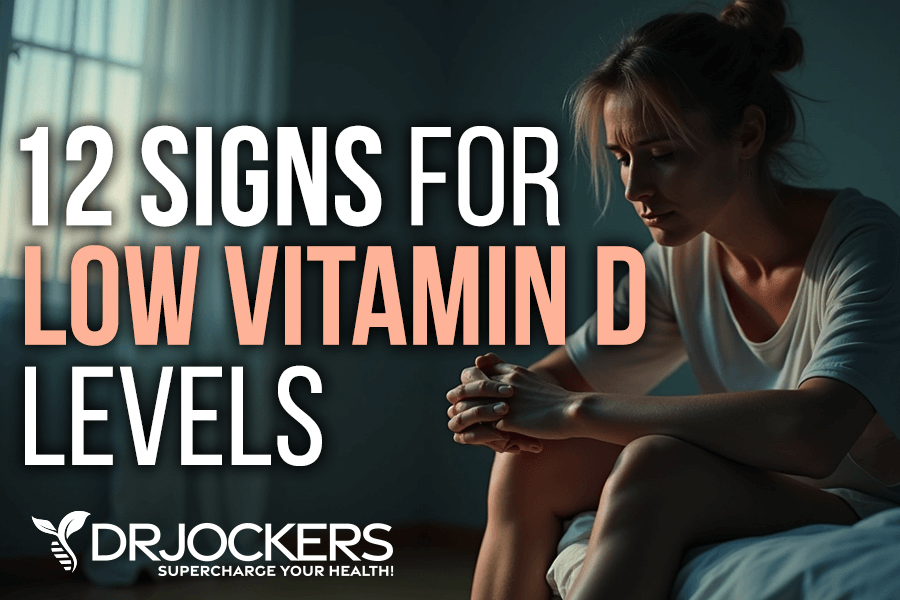 12 Clinical Signs of Low Vitamin D Levels
12 Clinical Signs of Low Vitamin D Levels
Vitamin D is a fat-soluble vitamin that’s important for immune function, bone and muscle health, brain and mental health, and other areas of your health. Low vitamin D levels can lead to all kinds of health issues affecting your pain levels, mood, muscle health, bone health, energy levels, skin health, sex drive, cognition, and more.
This also means that vitamin D deficiencies can result in a long list of symptoms. Many of these symptoms are common, yet not all doctors know they could be related to vitamin D deficiencies. It’s important that you understand the main clinical signs of low vitamin D levels to get tested and improve your levels if needed.
In this article, I will discuss the importance of vitamin D. You will learn about the 12 clinical signs of low vitamin D levels. I will also discuss the importance and health benefits of healthy sun exposure.
Importance of Vitamin D
Vitamin D is a fat-soluble vitamin. It’s essential for many areas of your health, including immune health, bone health, muscle health, brain function, and mental health. Vitamin D supports calcium absorption, optimal serum calcium levels, and optimal phosphate concentration.
It allows bone mineralization, bone growth, and bone strength. It may help to lower the risk of osteomalacia, osteoporosis, muscle cramps, and muscle spasms. Vitamin D may also help to decrease inflammation, chronic inflammation, and related issues. It is also important for immune health, neuromuscular function, glucose metabolism, and cellular growth (1).
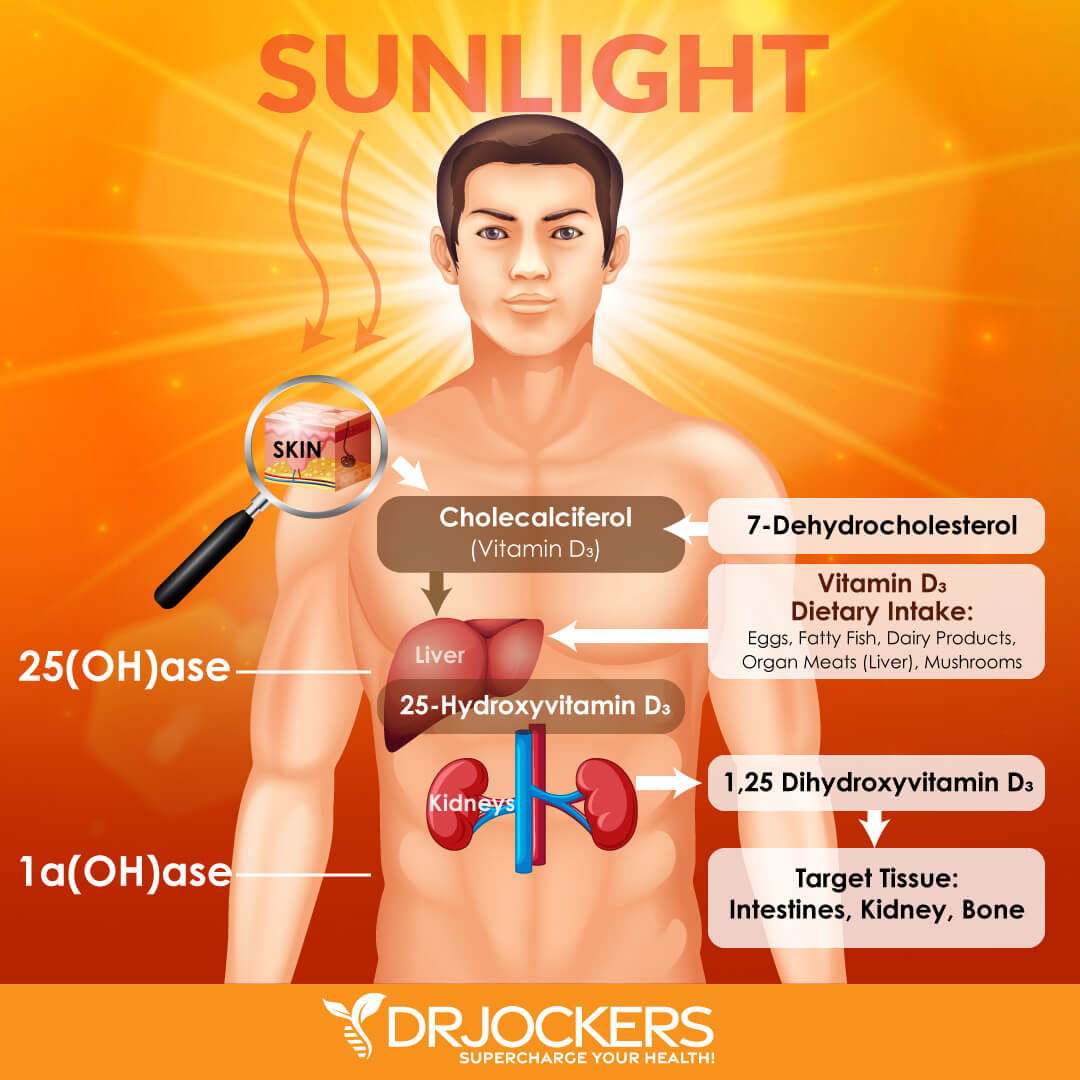
What Determines Your Vitamin D Levels?
Your body can obtain vitamin D from the ultraviolet (UV) rays of the sun. When the UV rays hit your skin, it leads to vitamin D synthesis in your body (1). Besides sunshine, vitamin D can also be found in certain foods. Foods with vitamin D include fatty fish, such as tuna, salmon, and mackerel, beef liver, egg yolk, and mushrooms.
When you get your vitamin D from sunshine or foods, it has to undergo two hydroxylations to get activated. The first hydroxylation takes place in the liver. This is where vitamin D converts into 25-hydroxyvitamin D (25(OH)D), or calcidiol.
The second hydroxylation happens in the liver. This is where it changes into 1,25-dihydroxyvitamin D (1,25(OH)2D), or calcitriol, a physiologically active form of vitamin D (1).
Additionally, vitamin D is also available as a dietary supplement. Supplementation is important for most individuals.
It can be very difficult to meet your needs through sunshine and diet alone, so if you want to maintain optimal vitamin D levels, you may benefit from supplementation, too. If you notice any clinical signs of low vitamin D levels listed later in this article, you may especially need to focus on vitamin D supplementation (1).

12 Signs of a Vitamin D Deficiency
So, what are the 12 signs of vitamin D deficiency? What do you need to pay attention to? Let’s get into it and discuss the 12 major signs of low vitamin D levels.
Greater Pain Sensitivity
One of the major clinical signs of low vitamin D levels is greater pain sensitivity. This means that something that would cause pain or wouldn’t cause too much pain will cause a lot of pain for some people with greater pain sensitivity. Your body may not be hurting because of a physical injury or ailment, but because low vitamin D makes you too sensitive to everything.
According to a 2020 review published in Frontiers in Immunology, there seems to be an interplay between vitamin D and pain-signaling pathways (2).
Researchers looked at in vitro and in vivo experimental studies and found that vitamin D and its receptors, known as the VDR, may influence immune cells and affect pain sensitization by impacting the pain signaling pathways in the body, “including nerve growth factor (NGF), glial-derived neurotrophic factor (GDNF), epidermal growth factor receptor (EGFR), and opioid receptors” (2). However, more research is needed to understand this mechanism.
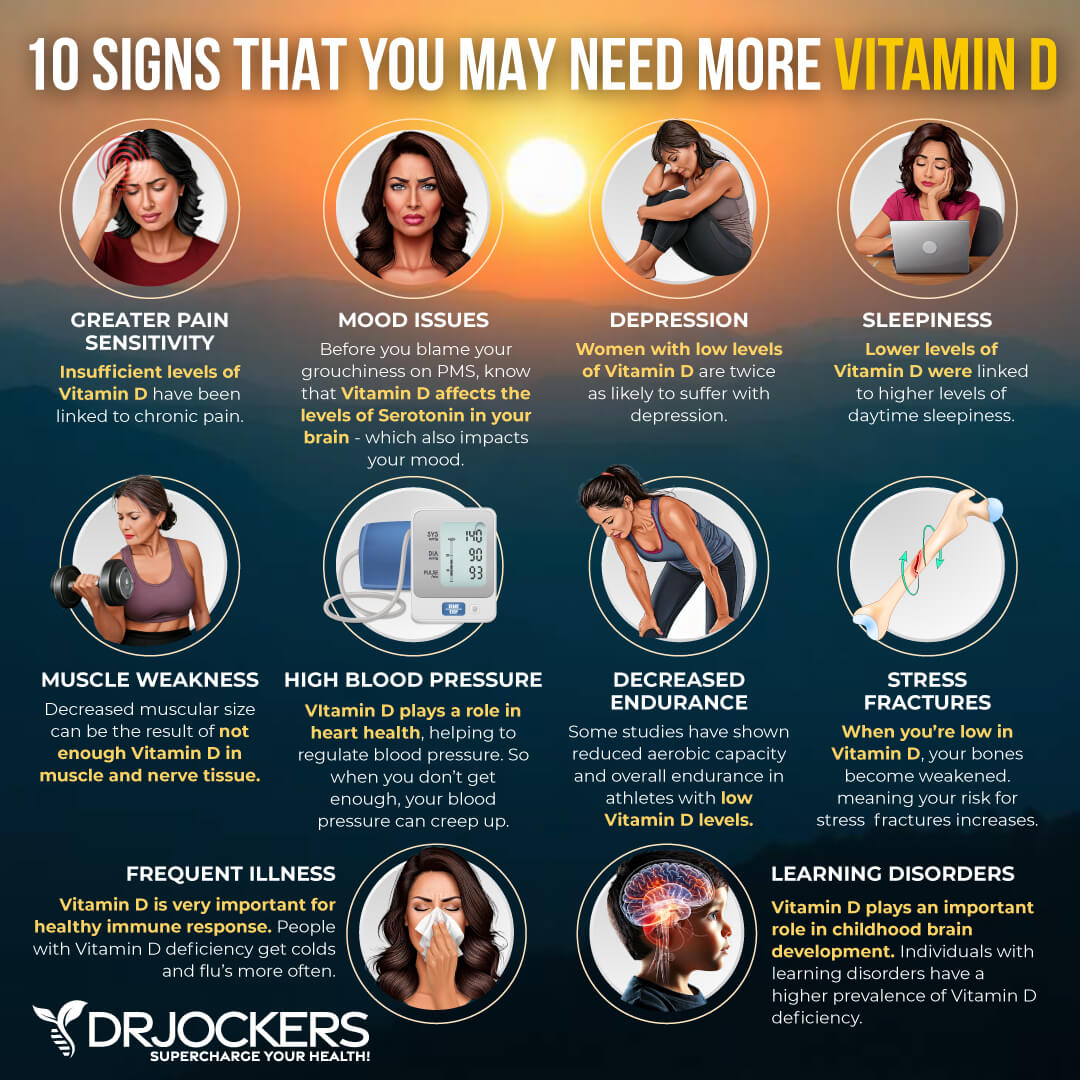
A 2024 study published in Frontiers in Immunology found that low vitamin D levels may play a role in neuropathic pain, and improving it may be a great option for pain management (3).
The study looked at an individual with neuropathic pain and severely low levels of vitamin D at six nanograms per milliliter. After one month of vitamin D treatment, they noted not only improved vitamin D levels but also a reduction in pain, numbness, hyperalgesia, and paresthesia.
I’ve seen similar results in my practice, and to demonstrate the powers of vitamin D for pain sensitivity, I want to tell you about a former patient of mine. She had a lot of pain. Every time someone touched her, it was painful for her. We also found out that her vitamin D levels were at seven nanograms per milliliter. For reference, we want to see this number above 60 nanograms per milliliter.
Needless to say, seeing these low vitamin D levels, I put her on vitamin D supplementation. By next week, she was significantly better and felt like a different person. Her vitamin D levels were so low that it resulted in a breakdown in her body that led to heightened pain sensitivity.
Once we balanced her nervous system with vitamin D, she stopped feeling pain from everything. So, if you are experiencing pain or heightened pain sensitivity, looking into your vitamin D levels and correcting potential vitamin D deficiencies may be a good idea.
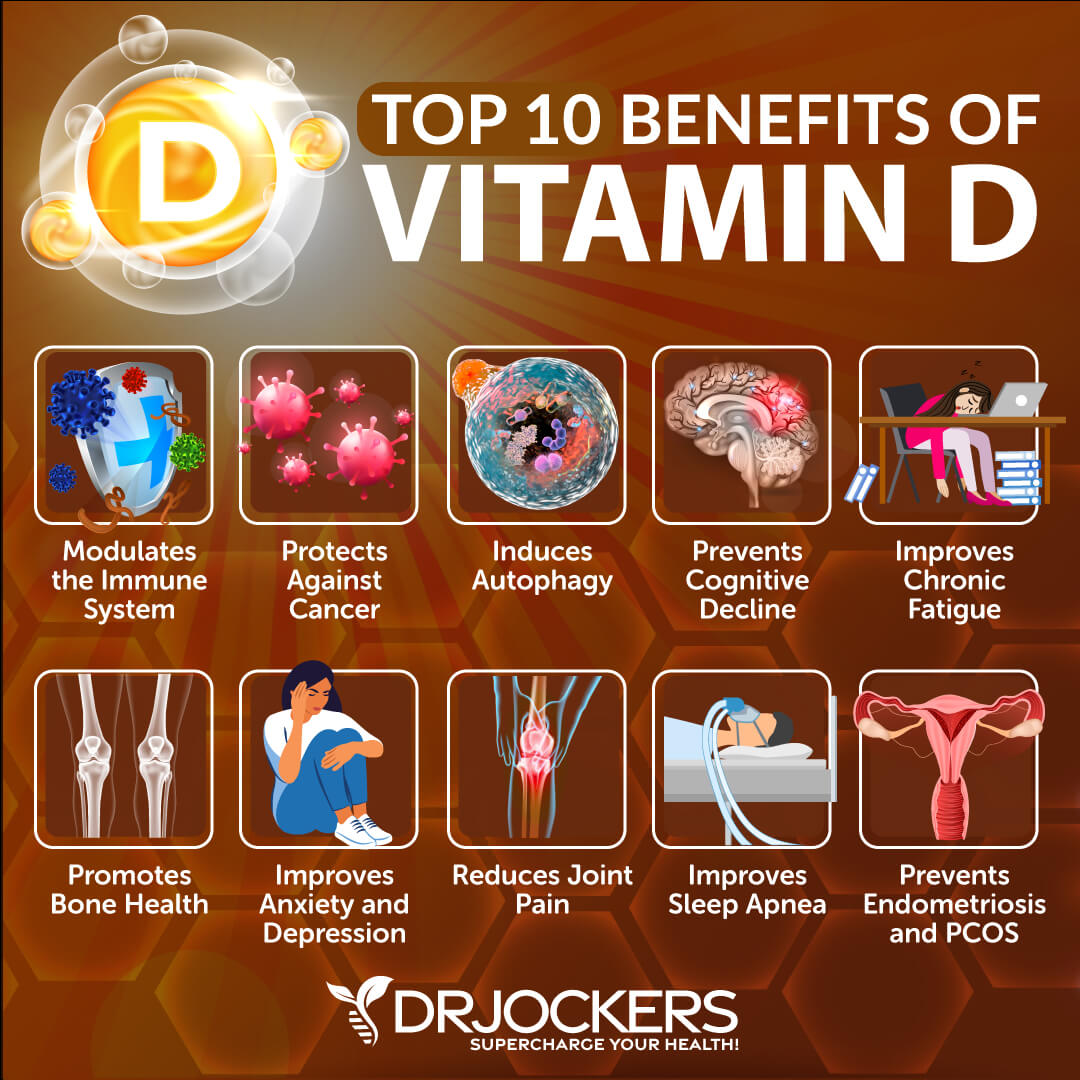
Depression and Mood Disorders
Depression and mood disorders are also issues we commonly see in low vitamin D levels. This means that vitamin D deficiency can contribute to anxiety and depression.
Vitamin D plays a critical role in our brain health, including keeping brain inflammation levels under control and ensuring that neural activity and neurotransmitter function are normal. So, if you have low levels of vitamin D and depression or anxiety, improving your vitamin D level may help with these mood issues.
Just think about the low mood many experience during the darker, winter months. Some people even develop Seasonal Affective Disorder (SAD) in the winter due to a lack of sunshine, darkness, and related low vitamin D. Sunshine has many other benefits besides vitamin D, but this is a big one, and it is worth checking for low vitamin D levels and trying supplementation.
A 2022 review published in Current Nutrition Reports has discussed that vitamin D offers antioxidant properties, which can positively impact the brain tissue (4). As a result, it may be beneficial for mood disorder prevention or treatment.
A 2024 meta-analysis published in the Journal of Affective Disorders has found that vitamin D may help to improve depressive symptoms in those with depression (5). They found that vitamin D helped with primary depression when used at serum 25(OH)D levels higher than 50 nmol/L but not lower than that.
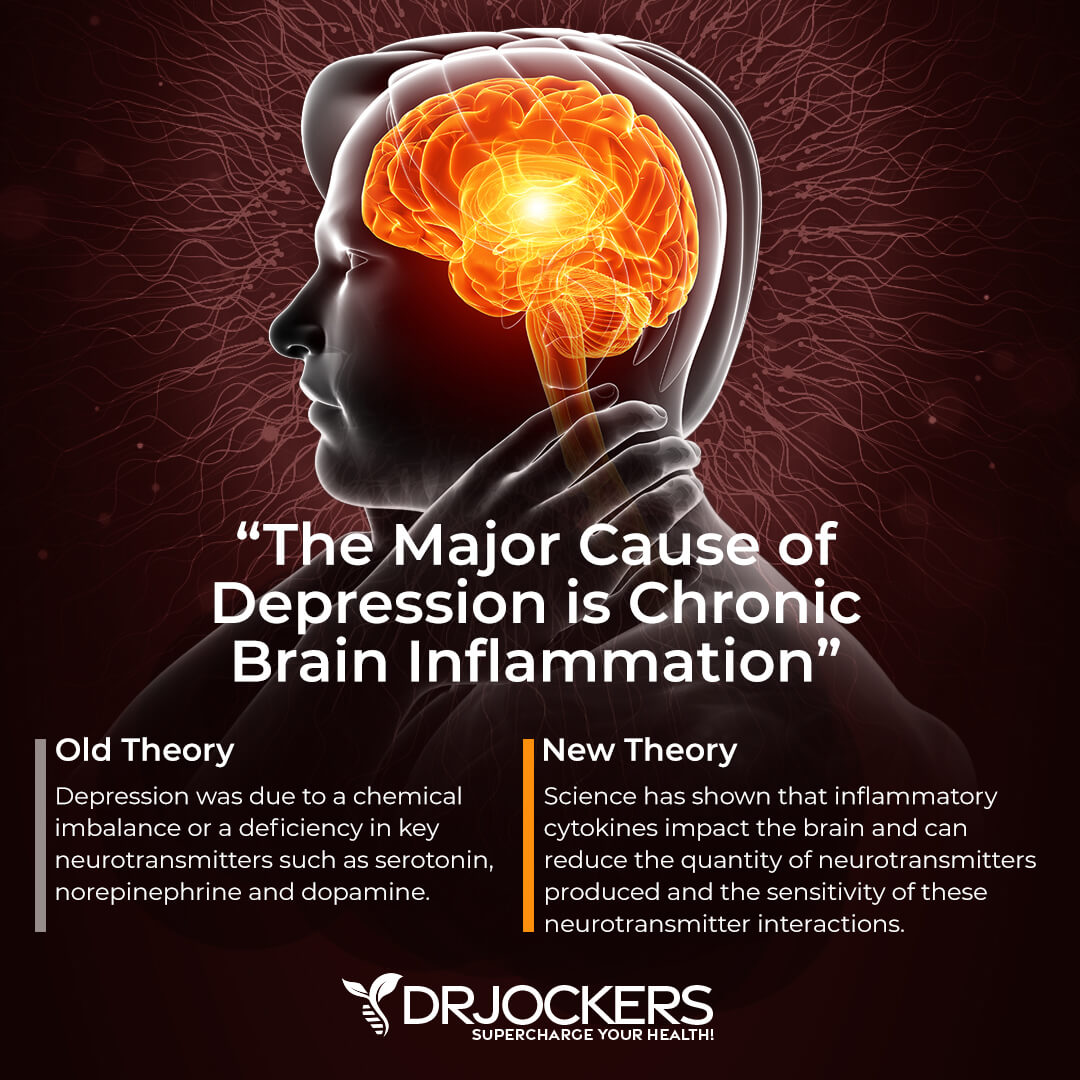
One thing to note is that researchers found that in patients without depression and vitamin D deficiencies, using too much vitamin D actually led to depressive symptoms. So, it’s important to test for vitamin D deficiencies and use supplementation accordingly in higher doses.
Additionally, research has shown that vitamin D may also help with anxiety. A 2020 study published in Brain and Behavior found that vitamin D supplementation may help to improve anxiety after 6 months of 1,600 mg daily supplementation (6). So, if you are experiencing mood-related symptoms, checking for vitamin D deficiency may be helpful. Extra vitamin D supplementation may also help with SAD in the winter months.
Moreover, in my opinion, clinical psychologists and therapists should always check for low vitamin D when treating someone with depression and anxiety. This can help to improve their symptoms and make therapy easier or even eliminate the issue.
This, of course, doesn’t mean that therapy is not beneficial. It simply means that we can improve our mental health by correcting nutrient imbalances and other health issues, such as vitamin D deficiencies, to improve our everyday life, support our work at therapy or counseling, and reduce the need for psychiatric medication.

Daytime Sleepiness
Daytime sleepiness is another common sign of low vitamin D levels I see regularly. Getting enough sleep should help you feel energized for the day. So if you are experiencing fatigue or daytime sleepiness despite a good night’s sleep and if you are not sick, get your vitamin D levels checked.
Vitamin D is critical for mitochondrial energy production, and if your levels are low, it can interfere with adequate adenosine triphosphate (ATP) energy and lead to fatigue. According to a 2024 review published in Ageing and Research Reviews, mitochondrial abnormalities may contribute to sleep issues (7).
A 2022 study published in Communications Biology found that low vitamin D levels can increase the oxidative capacities of the mitochondria and mitochondrial health (8). So, by supporting mitochondrial health, vitamin D may also support your sleep.
Additionally, according to 2022 research published in the Clinical Respiratory Journal, vitamin D may help to improve obstructive sleep apnea (9). Researchers found that while 12 weeks of supplementation wasn’t enough, 24 weeks brought improvement in sleep apnea and excessive sleepiness.
Moreover, a 2024 review published in Nutrients found that vitamin D may help to reduce fatigue and improve energy by reducing oxidative stress and inflammation and improving neurotransmitter balance (10). So, if you are dealing with sleep issues, fatigue during the day, or daytime sleepiness, looking into vitamin D deficiency testing and vitamin D supplementation may help with your issues.
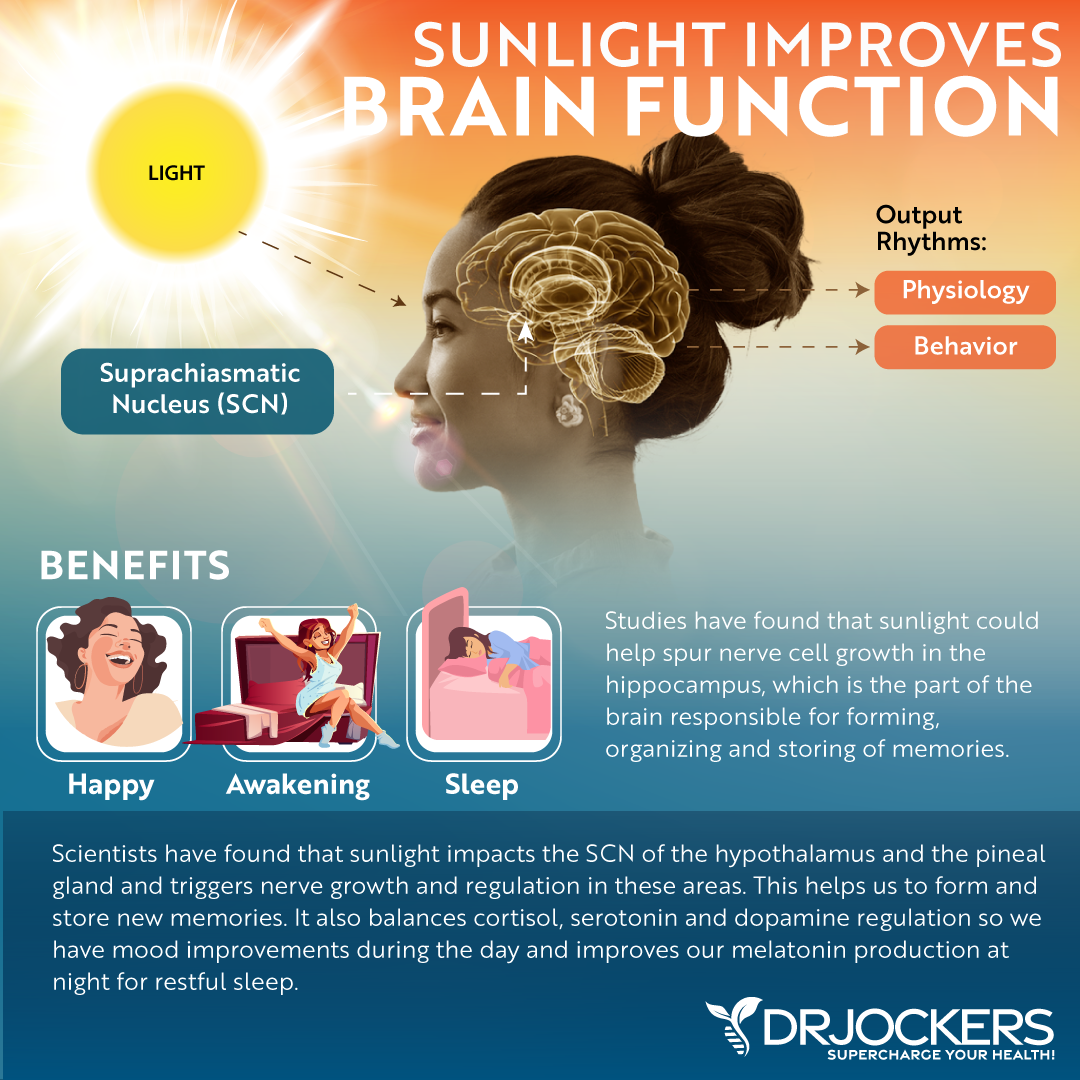
Frequent Illness
If you get sick frequently, for example, you are getting colds and the flu a lot, it may be linked to low vitamin D levels as well. According to 2021 research published in Biomolecules, vitamin D may help to reduce inflammation and support your immune health (11). This may help to reduce frequent illness and also reduce the risk, symptoms, and flare-ups of autoimmune conditions.
A 2023 review published in Nutrients has also found that vitamin D is critical for your immune system (12). According to the review, maintaining serum 25(OH)D concentrations of more than 50 ng/mL is critical for reducing the risk of bacterial and viral infections, sepsis from infections, and autoimmune issues.
Researchers recommended sun exposure and/or between 5000 and 8000 IU vitamin D supplements daily to reduce health risks. A 2022 review of 10 trials, including 4859 individuals, published in Frontiers in Nutrition, has found that vitamin D supplementation may also reduce the risk of influenza infections (13).
Additionally, seasonal allergies may also be connected to vitamin D deficiency. Vitamin D helps to balance your mast cells and histamine levels. People with mast cell activation syndrome (MCAS) experience overactive mast cells and histamine reactions, so they may get allergies, frequent illness, migraine headaches, and other illnesses.
According to a 2022 review published in Biomedicines, vitamin D may help to reduce allergies and mast cell-related issues because it influences T cell and B cell action and the immune response (14). So, if you are dealing with frequent illness, allergies, or mast cell-related problems, vitamin D deficiency may be one of the underlying issues you may want to look into.
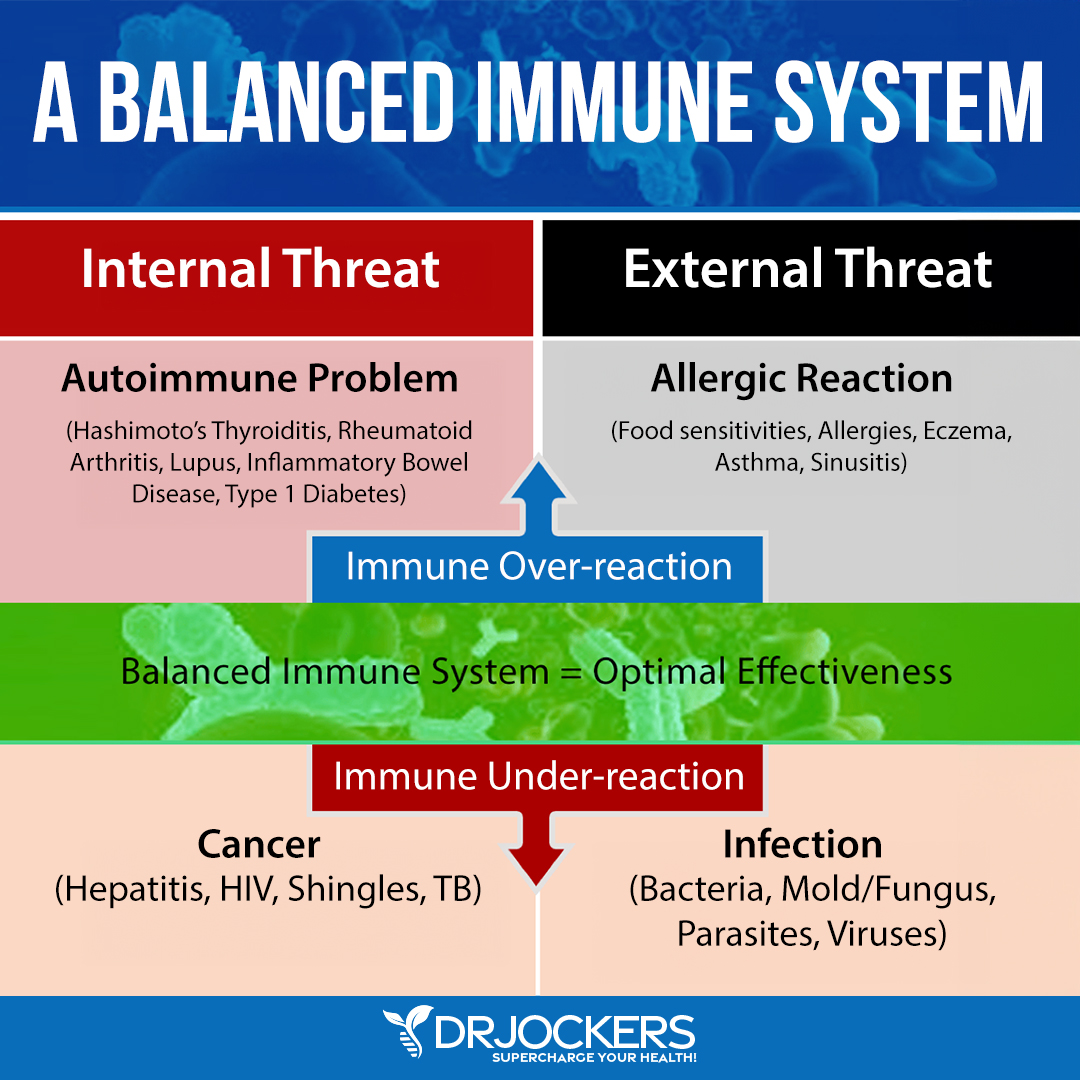
Muscle Weakness
Muscle weakness is another potential sign of low vitamin D levels. Vitamin D is critical for muscle health. If you weight lift or work out a lot but feel weak despite taking enough protein, vitamin D deficiency may be the culprit.
According to a 2021 review published in Frontiers in Physiology, vitamin D supports mitochondrial health and skeletal muscle regeneration (15). Researchers found that, according to in vitro and in vivo rodent studies, vitamin D helps the production of reactive oxygen species (ROS), improves antioxidant capacity, may lower oxidative stress, and may reduce muscle damage.
It may also support ATP production and mitochondrial health, which is critical for muscle regeneration. By supporting the mitochondria, vitamin D may help the self-renewal capacity of your muscle and muscle regeneration after an injury.
A 2022 study published in Communications Biology found that low vitamin D levels can increase the oxidative capacities of the mitochondria and mitochondrial health (8). This may impact muscle strength.
Researchers found that while vitamin D deficiencies may increase the risk of muscle sarcopenia, vitamin D supplementation may help to improve muscle strength and muscle health. Thus, if you exercise a lot and want to protect your muscles, you may want to consider vitamin D. If you are noticing muscle weakness or pain, looking into vitamin D deficiencies could be a good idea.
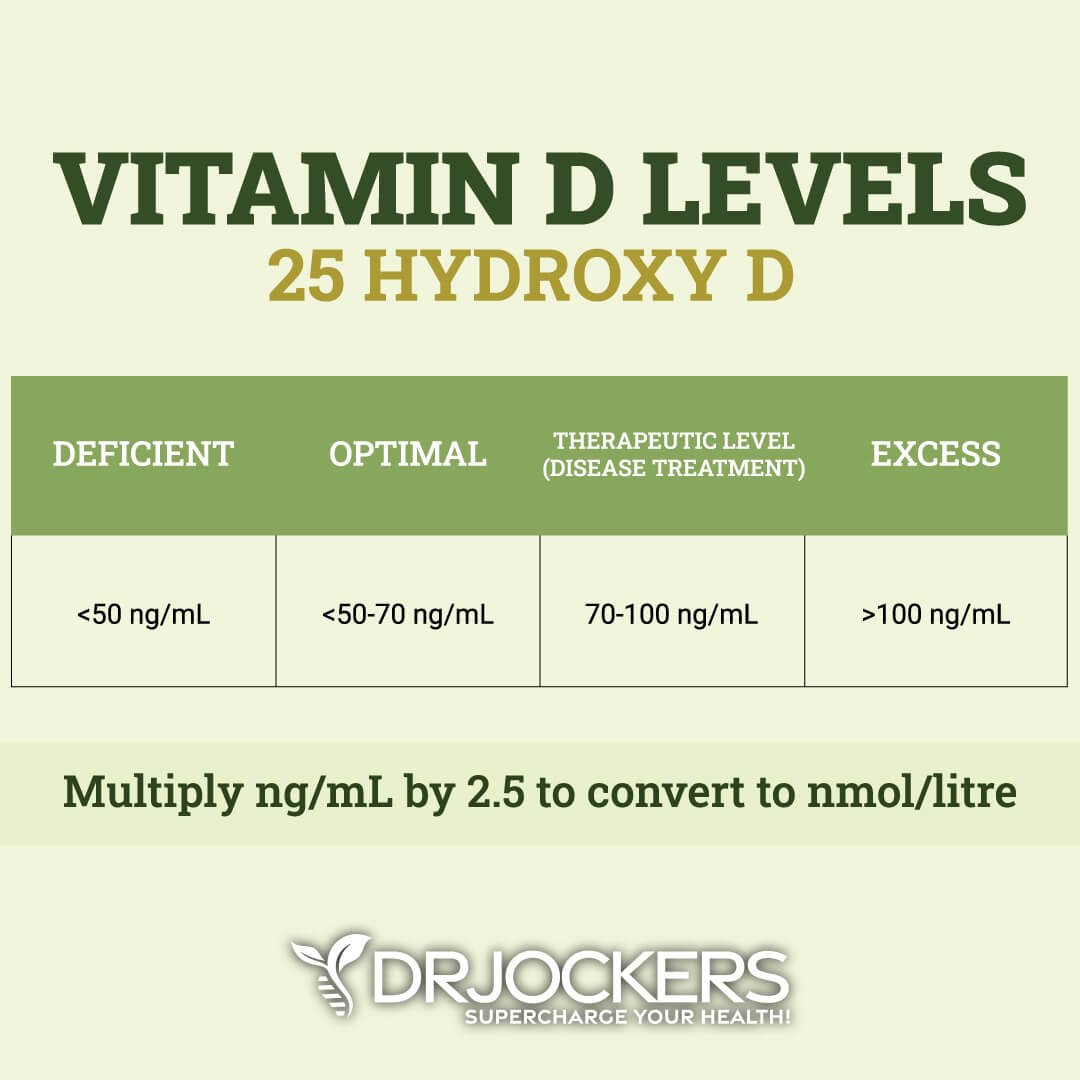
Low Sex Drive
Vitamin D is also important for your sex drive, and low vitamin D levels may result in a low sex drive. It may affect both men and women. Vitamin D is critical for sex hormone production, including estrogen, progesterone, and testosterone. Women need a good balance of these to have a healthy sex drive, and in men, testosterone is the key player; you need high levels of it.
A 2021 review published in The World Journal of Men’s Health has found that low vitamin D levels may increase the risk of erectile dysfunction, as vitamin D may impact the anatomy and physiology of the penis (16). Researchers noted the importance of vitamin D for overall sexual health in men.
A 2018 study published in Endokrynologia Polska has found a link between low vitamin D levels and poor sexual function, sexual desire, sexual satisfaction, ability to orgasm, and depressive symptoms in women (17). They found that vitamin D supplementation has helped to improve both sexual function and mood. So, if you are noticing low libido, you may want to look into testing for vitamin D deficiency.
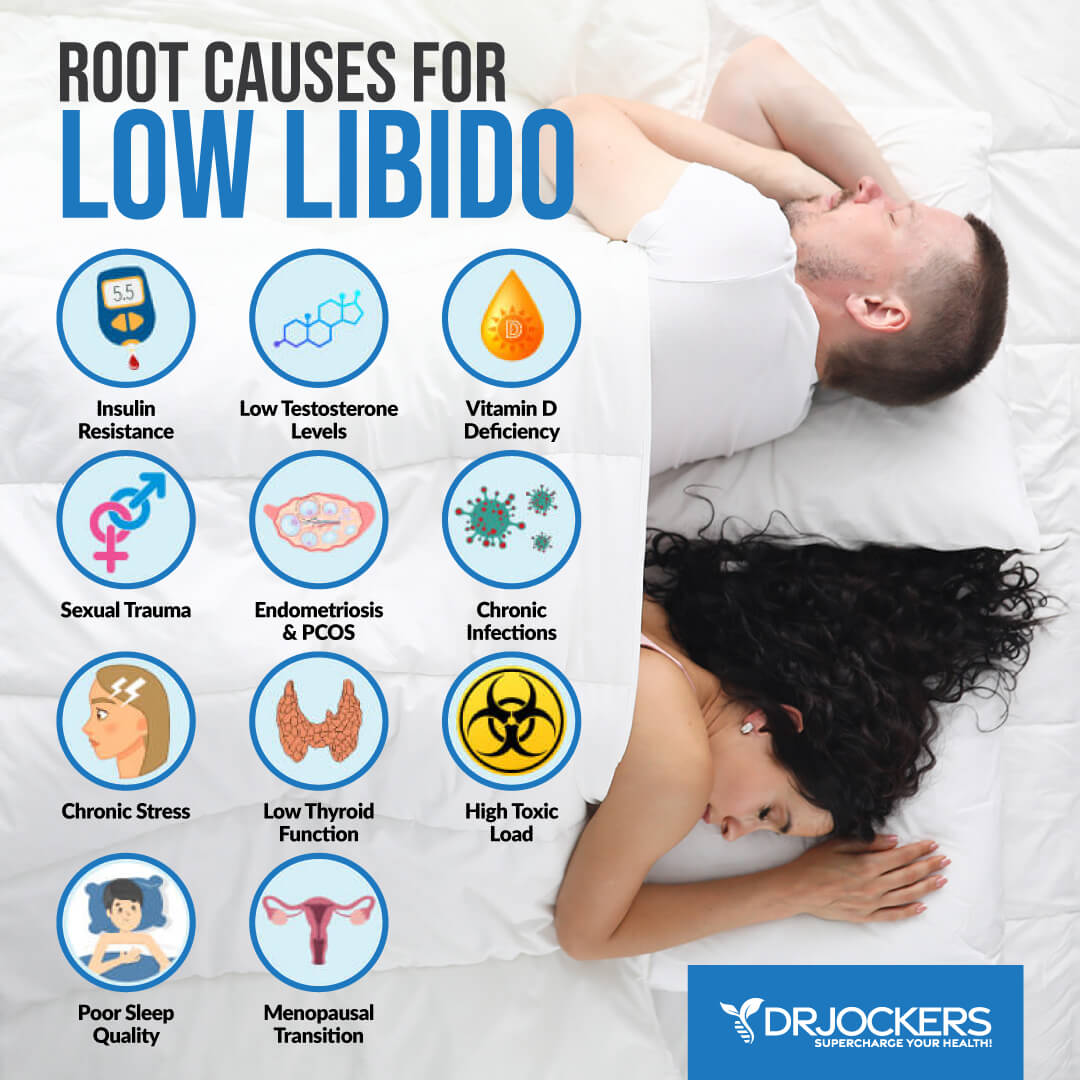
High Blood Pressure
High blood pressure may also be a sign of low vitamin D levels. Vitamin D plays a critical role in keeping inflammation levels at bay. High inflammation levels can cause restriction and constriction in the blood vessels and increase blood pressure. Thus, it’s not surprising that low vitamin D levels may cause elevated blood pressure.
2021 research published in Medicina has found that vitamin D deficiency may increase the risk of elevated blood pressure and hypertension (18). A 2024 study published in the Journal of the Endocrine Society has found that vitamin D supplements may help lower blood pressure (19). The study specifically looked at older adults with obesity. Benefits were observed after one year of low levels of vitamin D supplementation, and the study found no difference when higher levels were used.
Vitamin D deficiency is certainly not the only potential reason behind high blood pressure. However, high blood pressure may be a potential sign of low vitamin D levels, and if you are experiencing elevated blood pressure, I recommend looking into this potential underlying issue.
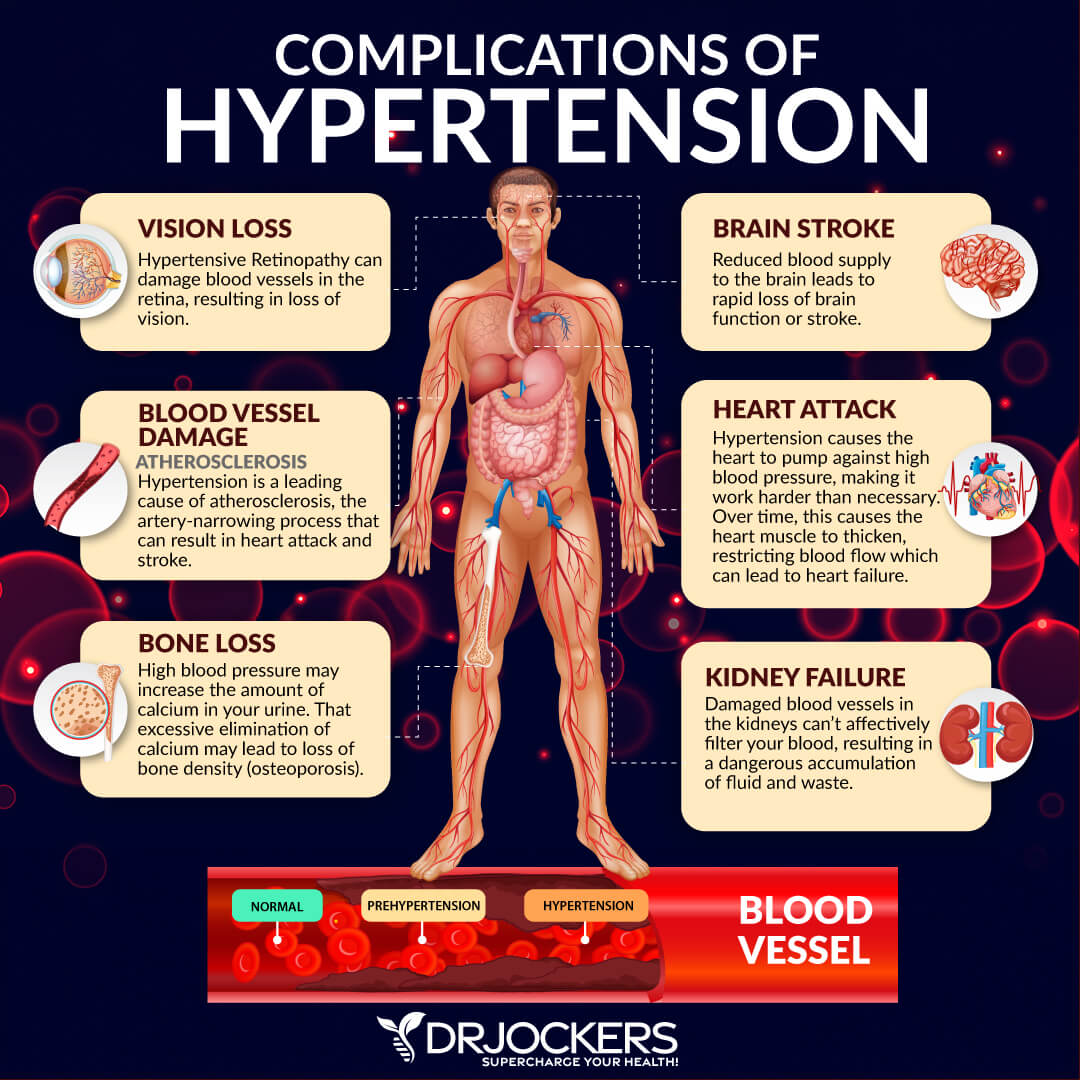
Learning Disorders
Learning disorders in children may also be a sign of low vitamin D levels. Vitamin D is critical for neural function and, thus, is beneficial for memory, concentration, and focus. A 2021 study published in Nutrients has found that poor vitamin D levels during pregnancy may increase the risk of learning disorders (20).
A 2024 research published in Scientific Reports has found that vitamin D is critical for communication development in children, and deficiencies in vitamin D may increase the risk of issues related to autism spectrum disorder and learning disabilities (21). Additionally, according to 2024 research published in Behavioral Brain Research, vitamin D may be supportive in memory and learning impairment (22).
If you are noticing that your kid has trouble focusing, concentrating, memorizing, or learning in general, getting their vitamin D levels checked for deficiencies may be a smart idea. If you are currently pregnant, ensuring adequate vitamin D levels is critical for your baby’s brain health.

Skin Problems
Skin problems can also be a sign of vitamin D deficiency. Vitamin D is essential for skin cell growth, repair, and metabolism. Having low levels of vitamin D may result in dry, flaky, irritated, red, or inflamed skin, which we commonly see in dermatitis, eczema, psoriasis, and other skin conditions.
Low vitamin D levels may also slow wound healing, increasing the risk of scars. It may also contribute to increased skin sensitivity or make you more vulnerable to infections of the skin or allergies affecting the skin.
A 2023 review published in F1000 Research has found that vitamin D supplementation may help to improve atopic dermatitis (23). A 2020 study published in Clinical, Cosmetic, and Investigational Dermatology found that low vitamin D levels were more likely in participants with acne than those without (24).
Additionally, according to 2021 research published in the International Journal of Molecular Sciences, vitamin D may also help to reduce signs of aging of the skin (25). According to a 2021 article published in Clinics in Dermatology, vitamin D may also help reduce skin infections (26). If you have any skin-related complaints, looking into vitamin D deficiencies and improving your levels may benefit you.

Autoimmune Conditions
Autoimmune conditions may also be linked to low levels of vitamin D. Vitamin D is critical for your immune system function. It helps to modulate immune system responses and, as a result, it may help to stop your body from attacking its own tissues, which we see in autoimmunity.
Low levels of vitamin D may result in immune system dysregulation and dysfunction. This can increase inflammation, an increased immune response, and immune dysregulation.
This may worsen the symptoms of various autoimmune conditions, including rheumatoid arthritis, Hashimoto’s thyroiditis, or lupus. It may also increase the risk of flare-ups or even contribute to the development of autoimmune issues.
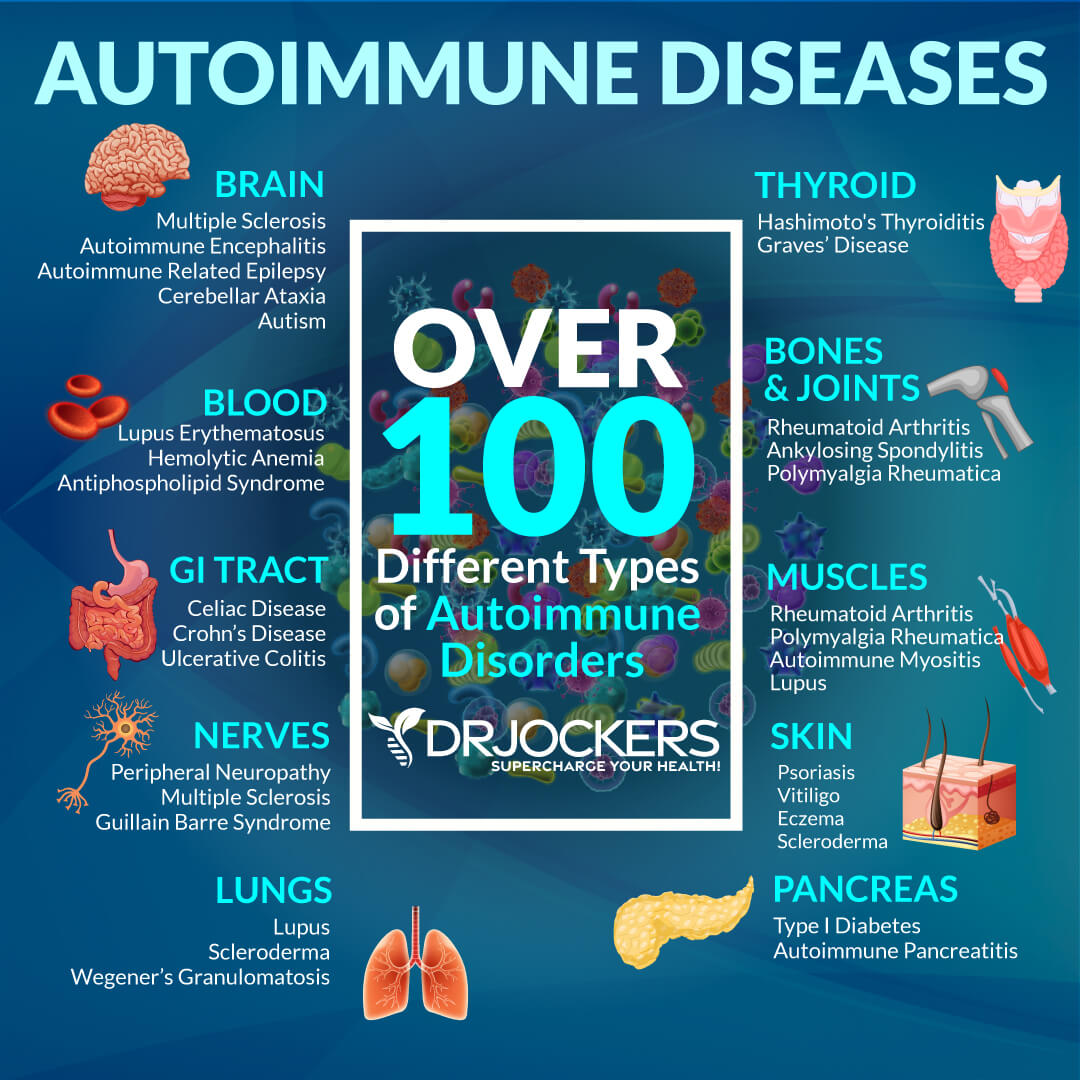
According to 2021 research published in Biomolecules, vitamin D may help to lower inflammation and support your immune health (11). This may help to decrease the risk, symptoms, and flare-ups of autoimmune conditions. A 2023 review published in Nutrients has also found that vitamin D is critical for your immune system (12).
According to the review, maintaining serum 25(OH)D concentrations of more than 50 ng/mL is critical for reducing autoimmune issues. If you are dealing with autoimmune issues, improving underlying vitamin D deficiencies may improve your symptoms.
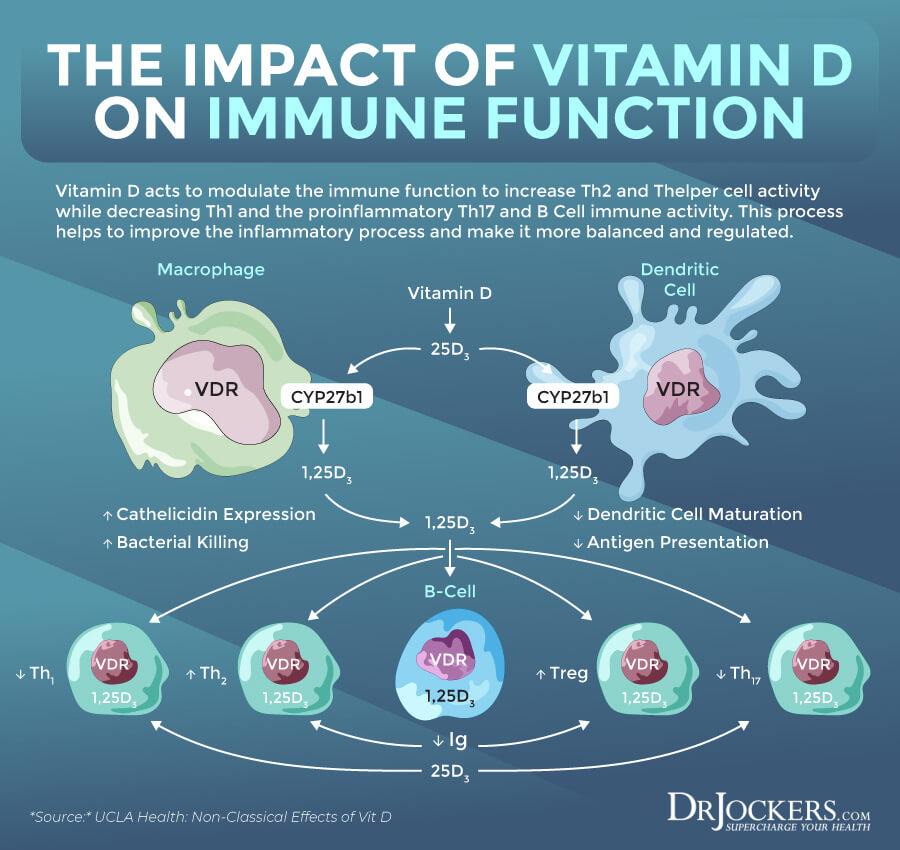
Decreased Endurance
If you are experiencing decreased endurance, it may also be a sign of low vitamin D levels. Vitamin D is important for energy production, muscle function, and oxygen efficiency, all of which are critical for physical activity and endurance.
If your vitamin D levels are too low, you may notice that you have less stamina, get tired more easily, or feel weak during workouts. You may even feel more fatigued during your regular daily activities.
According to a 2022 study published in Calcified Tissue International has found that vitamin D deficiency may be linked to dyspnea, which is shortness of breath during exercise (27). Researchers looked at 3,2000 individuals 50 and older with no prior dyspnea issues.
Researchers checked their vitamin D levels and muscle strength and found that those with low vitamin D levels had a 70% higher likelihood of developing dyspnea. Researchers believe that since vitamin D is essential for muscle contraction and muscle repair, poor vitamin D levels will have an impact.
A 2024 review published in the Orthopaedic Journal of Sports Medicine found that supplementing with vitamin D helped elite athletes in terms of maximal oxygen uptake and physical working capacity, and endurance (28). If you are looking to improve your endurance, stamina, workout, or athletic performance, or simply energy in daily life, improving your vitamin D levels may help.
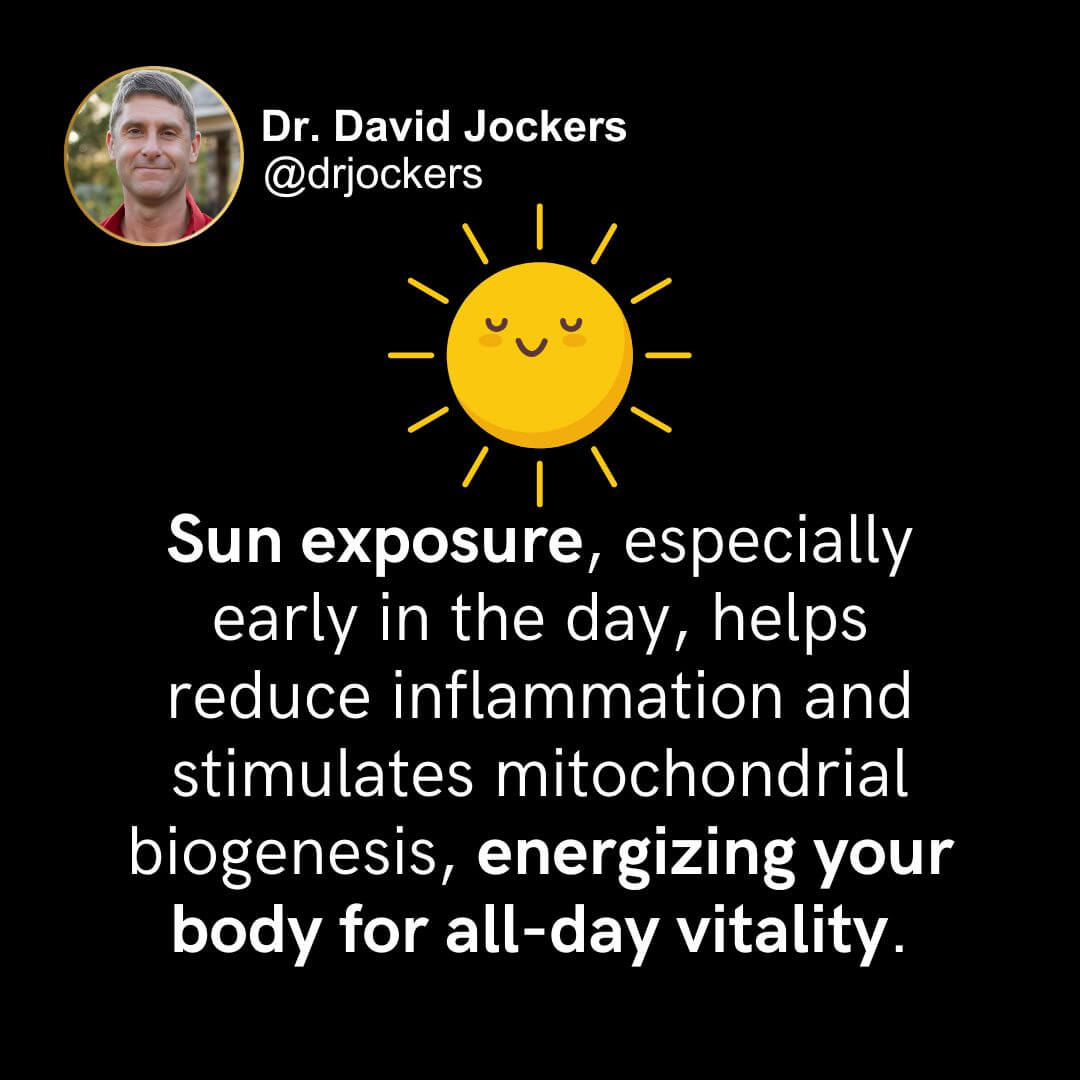
Poor Bone Health and Increased Risk of Fractures
Finally, if you get injured frequently or have fractures, it may also be related to low vitamin D levels. Vitamin D plays a critical role in helping your body get enough calcium to your bones, along with magnesium and vitamin K2. These three work together to get enough calcium from the blood to your bones to keep your bone tissue healthy and reduce fractures or injuries.
A 2023 review published in Nutrition Reviews has found that vitamin D may help bone health in the lumbar spine and femoral neck (29). 2024 research published in the Journal of Bone and Mineral Research has found that vitamin D metabolite supplementation may help to create positive changes in skeletal health and may improve bone resorption and decrease bone density (30).
If you want to improve your bone health and reduce the risk of fractures and osteoporosis, improving your vitamin D levels may benefit you.
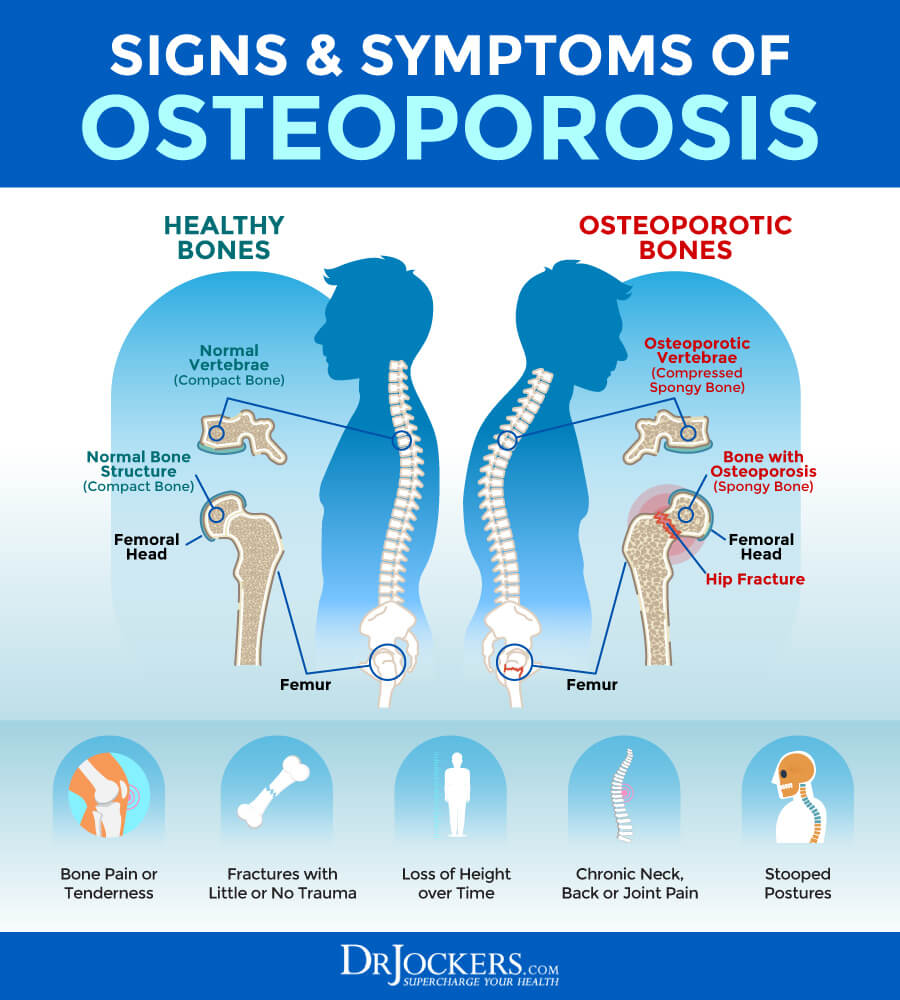
Benefits of Healthy Sun Exposure
Healthy sun exposure has so many benefits for your body and overall health. One of the most important benefits of healthy sun exposure is, of course, vitamin D synthesis. We touched on this earlier in this article, but vitamin D is critical for immune function, bone health, muscle health, brain function, and mood regulation.
It may help to protect your body against infections, inflammation, and chronic health issues. Though it’s not always enough, getting sun exposure is the most natural and most efficient way to maintain optimal vitamin D levels.
Healthy sun exposure also supports photobiomodulation, which is a process where red and near-infrared light penetrates your skin and stimulates mitochondrial functions. The mitochondria are the powerhouse of your cells and they support ATP energy production for cellular energy. It relies on light exposure to make ATP and energize you for the day.
According to a 2020 article published in the Annals of Translational Medicine, near-infrared light from the sun supports ATP and reactive oxygen species (ROS) production (31). Basically, sunshine can support ATP production as well as overall cellular health and resilience.
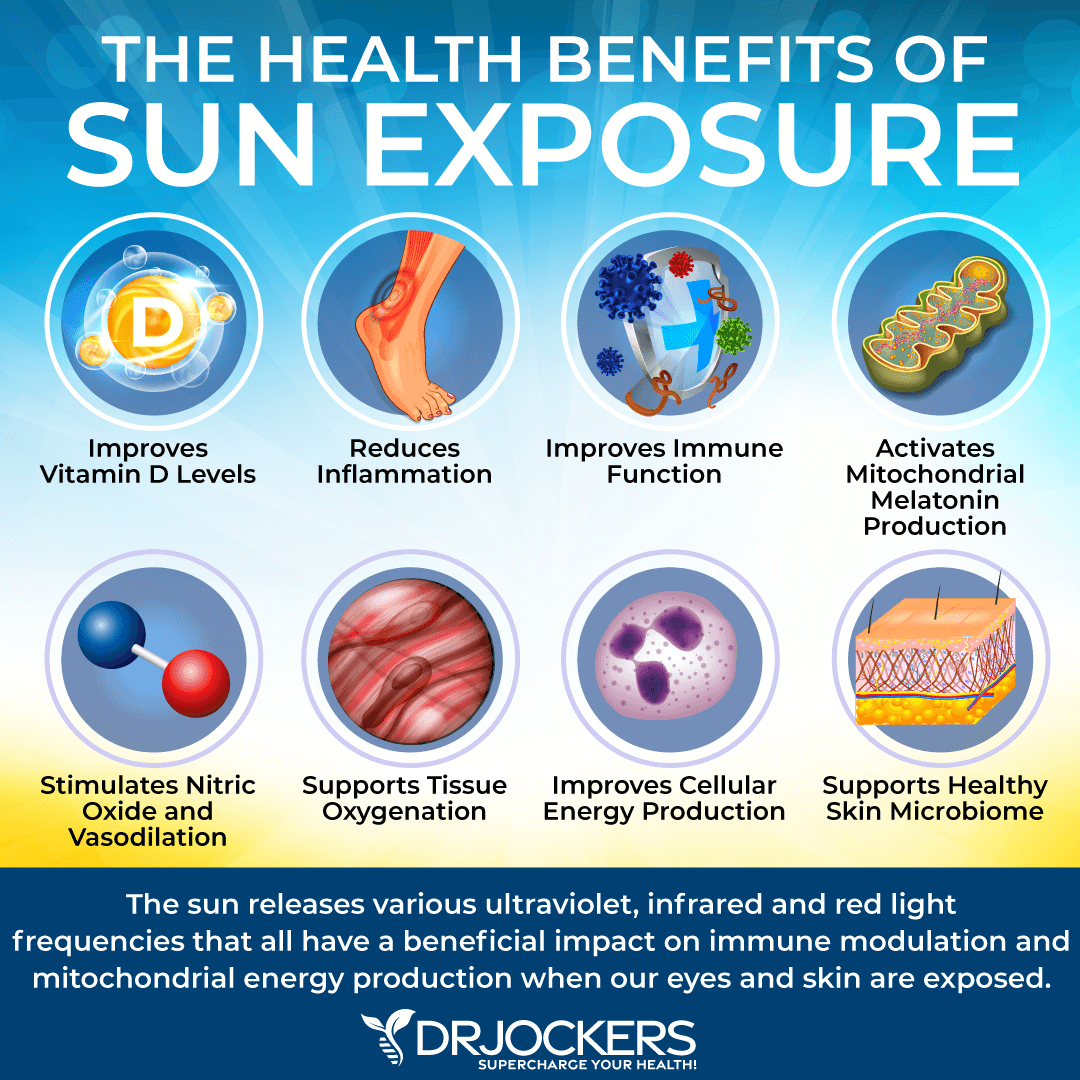
Healthy sun exposure also plays a major role in nitric oxide levels. According to 2023 research published in Scientific Reports, low-dose daylight exposure can trigger nitric oxide release (32).
Nitric oxide is a molecule that promotes to vasodilation, or widening, of your blood vessels. Through this, sunshine can help to improve blood flow, decrease blood pressure, and support heart health.
Infrared light may also support melatonin production inside your mitochondria. Melatonin is an antioxidant that can help to lower inflammation and oxidative stress on a cellular level. It can also support the regulation of your circadian rhythm, which is connected to your sleep-wake cycle, metabolic processes, and hormone production.
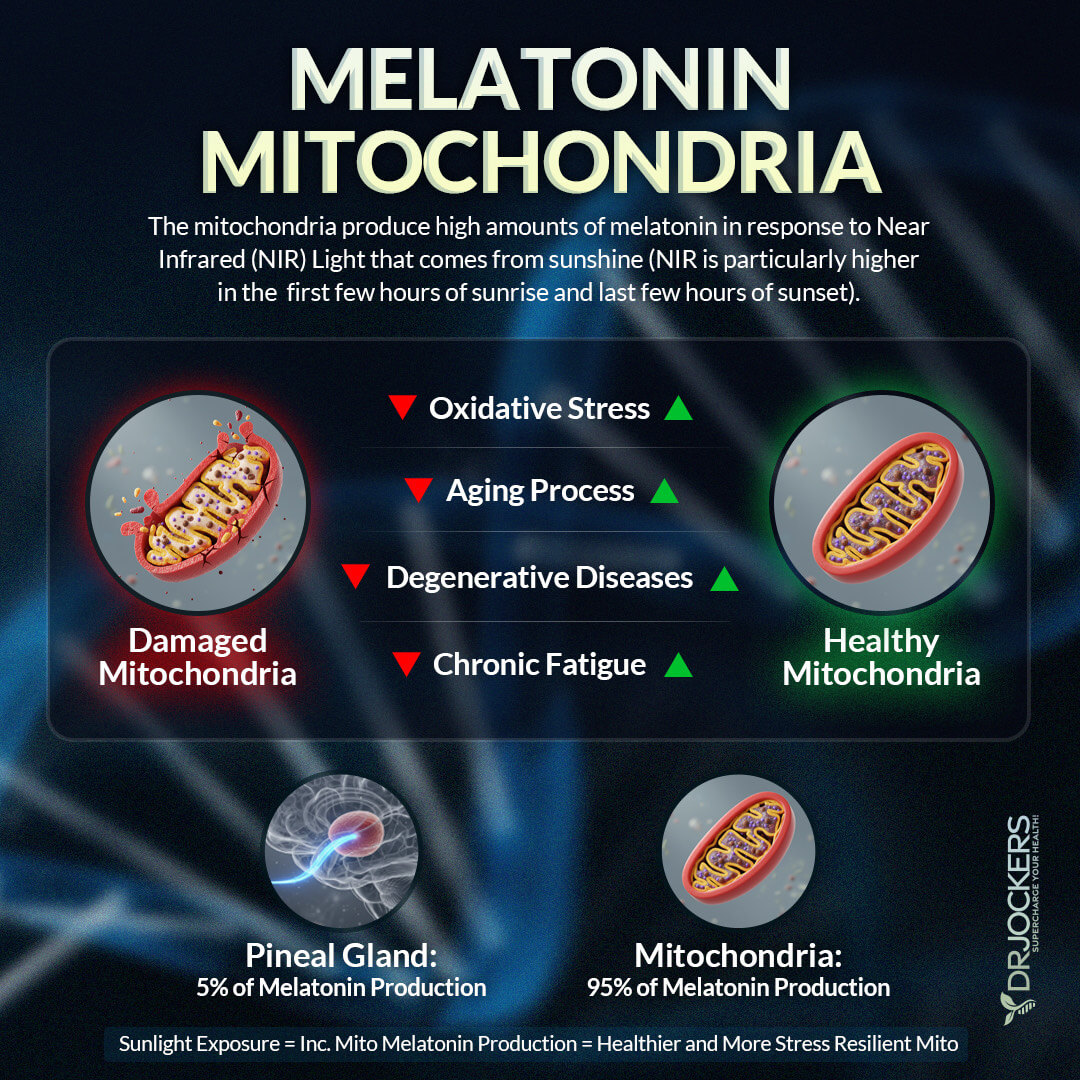
According to a 2023 article published in the Proceedings of the National Academy of Sciences of the United States of America, vitamin D and melatonin are the two sides of the same coin; sunlight increases vitamin D, while darkness increases melatonin, and we need a healthy balance of both for our health (33).
Sunlight in the morning sends a message to your brain that it’s time to wake up. Sunlight in the morning helps you to stay awake and alert.
When the sun goes down in the evening, it sends a message to your brain that it’s time to sleep and rest. Healthy exposure to sunlight and living by the sun’s rhythms can support your sleep and daytime energy levels.
Looking at all these health mechanisms, you can see that intentional exposure to natural light and healthy sun exposure can enhance vitality, reduce inflammation, and support long-term wellness.
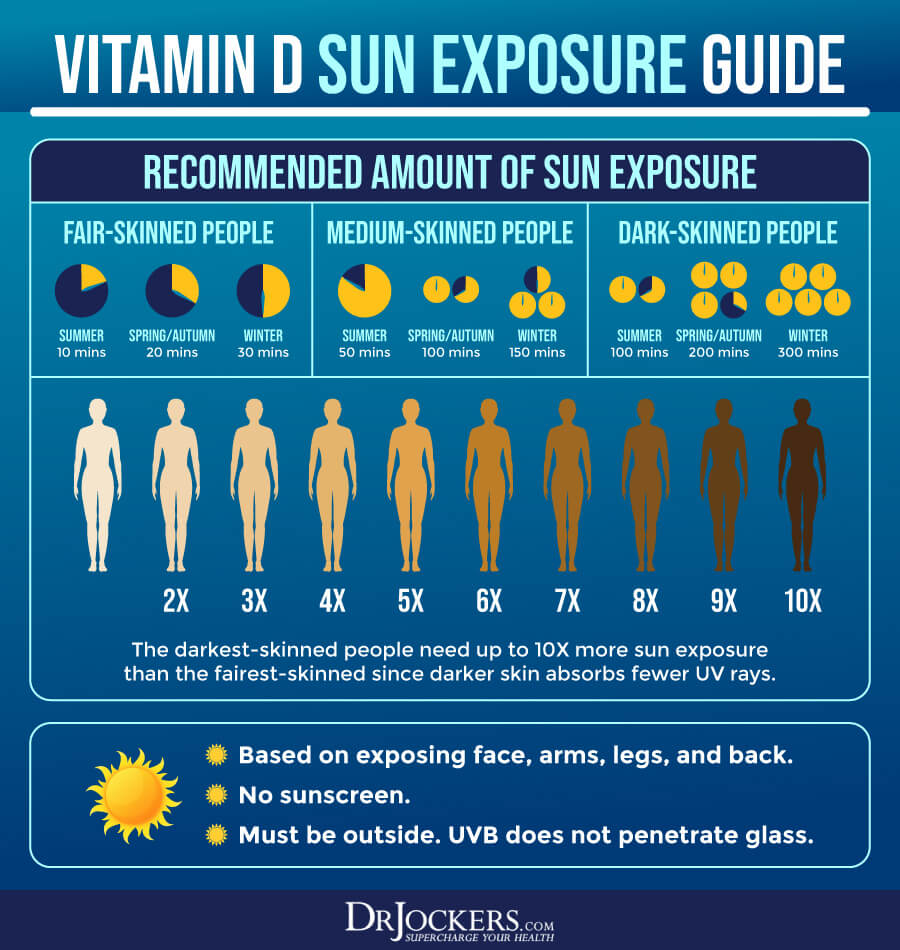
Supplementing with Vitamin D
If you are unable to get a regular amount of high-quality sun exposure each week as I described above, then you should strongly consider supplementing. The way that I recommend supplementing vitamin D is with a good, high-quality Cod-Liver oil or with specific vitamin D3 supplements that also contain Vitamin K2.
I find Cod Liver Oil a great source for young children as it supplies the omega-3 fatty acids and vitamin A they need, as well as the D3 for optimal growth and development of their brain and immune system. For teenagers and adults, you can take a capsule-based or liquid form of D3/K2 supplement.
Cod Liver Oil
Cod Liver Oil is an excellent source of vitamin D. The vitamin D content in cod liver oil is more concentrated than in any other food source. One tablespoon contains about 1,300 IUs of vitamin D.
Cod Liver Oil is also an excellent source of the omega-3 fatty acids EPA and DHA, along with vitamin A. Vitamin A is required for the synthesis of hormones and is important for the function of the immune system. Because vitamin A is fat soluble, the combination of fatty acids in cod liver oil enhances the delivery of vitamin A to the body.
Many cod liver oils are flavored with mint or citrus to improve the taste. This Cod Liver Oil is lemon-flavored to make it more appealing to children and adults. It also has added vitamin D3 so that each tsp contains 1000 IUs and every tablespoon has 3000 IU’s.

D3/K2 Supplement
Another option for supplementation is using a high-quality vitamin D supplement that also contains vitamin K2. It is important to keep vitamins D3 and K2 in balance. D3/K2 Power has the ideal ratio of these two nutrients. We also have a liposomal form of D3/K2 if you are unable to swallow pills.
It is always best to take vitamin D with other food, as it is fat soluble and absorbs best when digestive juices are present. To obtain optimal levels of vitamin D3 through supplementation, we use the following formula:
- To Boost D3/K2 Levels: 2,000 IU of vitamin D3 (35-400 mcg of vitamin K2) for every 25 pounds of body weight. This typically will add 15-20 IU to your blood D3 levels each month. If your levels are 20, supplementing vitamin D using this formula for three months should get the levels up to 80. I always recommend that you test your D3 levels to be sure.
- For Maintenance: 1,000 IU of vitamin D3 (15-200 mcg of vitamin K2) for every 25 pounds of body weight. Again, be sure to test to make sure!
Testing for Vitamin D Status
It is very important to test your vitamin D levels. The Comprehensive Blood Analysis is a detailed blood test that includes vitamin D.
The Comprehensive Blood Analysis measures your immune function, thyroid function, blood sugar regulation, liver function, nutritional deficiencies, and much more. It includes a Complete Blood Count, Complete Metabolic Panel, Urinalysis, Lipid Panel, Iron Panel, Inflammatory Markers, Key Nutrient Markers, and a full Thyroid Panel.
The Comprehensive Blood Analysis should be run regularly as a preventative measure and to monitor your vitamin D level. Information about the Comprehensive Blood Analysis and how to order can be found here.
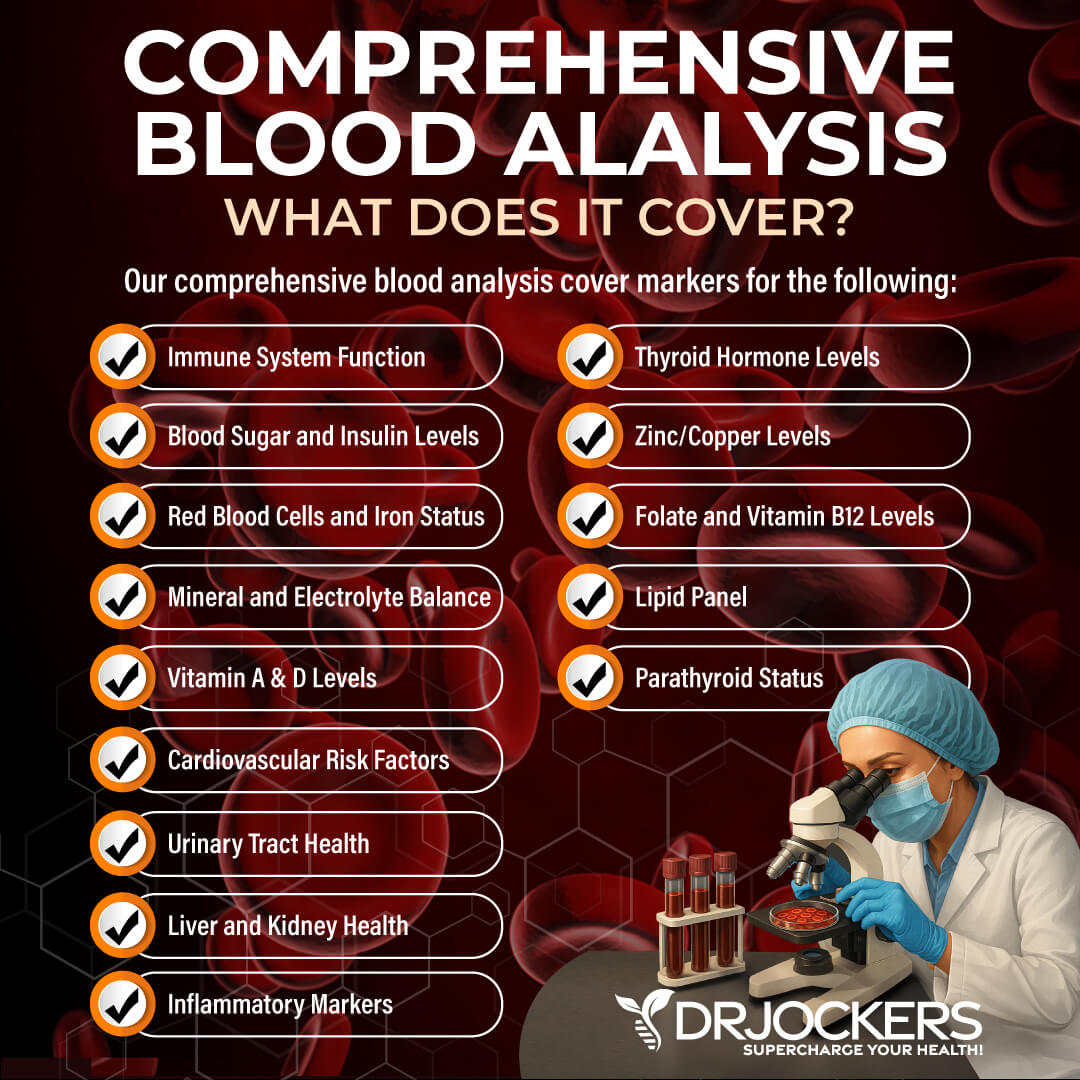
Conclusion:
Vitamin D is a critical vitamin for overall health. It helps to boost the immune system, protect the body from cancer, build strong bones, and stimulate autophagy. Vitamin D deficiencies are associated with chronic fatigue, cognitive decline, depression and anxiety, sleep apnea, joint pain, endometriosis, and PCOS.
Unfortunately, vitamin D deficiencies are very common. Around 1 billion people worldwide and 40% of Americans are deficient in this important vitamin.
The sun is the best source of vitamin D. Our bodies produce vitamin D when we are exposed to UV rays. Some foods contain vitamin D, such as egg yolks, fatty fish, liver, and grass-fed cheese and butter. Many people do not get enough vitamin D from the sun and foods so supplementation may be necessary.
Be sure to test your level of vitamin D regularly to ensure it is optimal. Maintaining optimal levels of vitamin D is necessary for good overall health and may help to prevent many health issues.
If you want to work with a functional health coach, I recommend this article with tips on how to find a great coach. We do offer long-distance functional health coaching programs. For further support with your health goals, just reach out and our fantastic coaches are here to support your journey.
Inflammation Crushing Ebundle
The Inflammation Crushing Ebundle is designed to help you improve your brain, liver, immune system and discover the healing strategies, foods and recipes to burn fat, reduce inflammation and Thrive in Life!
As a doctor of natural medicine, I have spent the past 20 years studying the best healing strategies and worked with hundreds of coaching clients, helping them overcome chronic health conditions and optimize their overall health.
In our Inflammation Crushing Ebundle, I have put together my very best strategies to reduce inflammation and optimize your healing potential. Take a look at what you will get inside these valuable guides below!
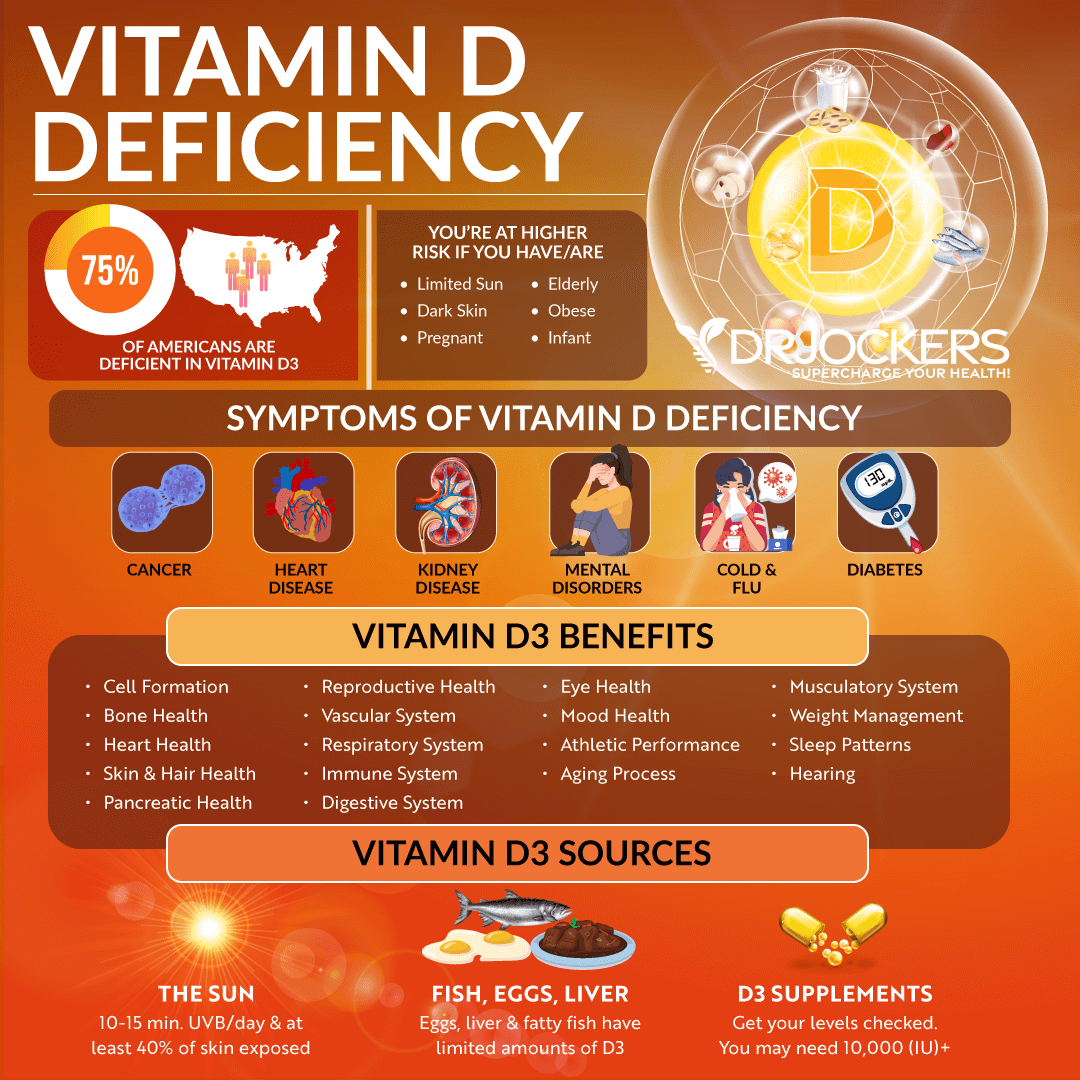






Why don’t DOCTORS test for vitamin D … it helps most people,,K2+ D HELPS 90% of people
Thank you for the great article Dr. Jockers!
My vitamin D levels have been low for years but, everytime I try Vit D/K supplements, I get bad flank pain and have to stop taking it.
Could I have a malabsorption problem?
Thanks again!